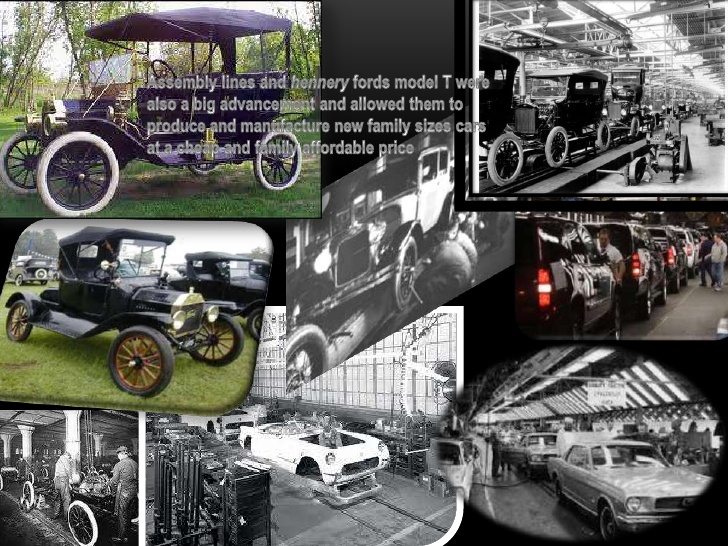Next time you find yourself casually speeding down the open highway, take a moment to ponder what your great-great-great grandparents would have thought of your current activity. They most likely would have accidentally spat out whatever beverage it was they were drinking, and taken a few long seconds of disbelief before fainting from pure shock. It really is a magical time we live in, especially when it comes to transport, and the technological advances that make this magic possible show no signs of slowing down.

It’s strange to think that this world we find ourselves currently inhabiting of relatively ultra-fast transport from destination to destination is but a blip in our overall history. The first internal combustion engine powered car made its first grunt-starting up a mere 209 years ago in 1807, and today there are 1.15 billion vehicles, according to the US Department of Energy. They’re ubiquitous, and their existence has had an impact on the physical and cultural landscape of humankind that is on a scale that dwarves almost all other innovations.
If, in the near or far future, you are getting cash for European car, and you wonder to yourself “what would the world look like today if cars didn’t exist”, think of a world with less of everything, including people. Because the introduction of cars almost literally shrunk the size of the planet, so that interactions between people on a daily basis skyrocketed. This led to more networking, personal connections, larger communities, faster technological progress (as information travel exceeded the speeds it was used to traveling) and so forth.
But the change to the physical landscape has been the most obvious. Wide roads specifically designed for large volumes of fast traveling objects dominate our populated areas, and large buildings that are the result of large amounts of people all being able to reach a central location in a quick amount of time are a major component of the urban experience.
And let’s not forget the car wrecking industry, like Toyota wreckers Melbourne, who have ensured that this wide proliferation of cars hasn’t resulted in piles of waste metal littering all our public spaces.
So ponder these things while driving to your next destination, if only for a minute, and you will surely be amazed at how far we have come, and more importantly how far we have yet to go.





 Sell Your Unwanted Car For Top Cash In Melbourne.
Sell Your Unwanted Car For Top Cash In Melbourne. Car Removal Expert In Melbourne
Car Removal Expert In Melbourne Make Some Easy Money With Used Car Buyers
Make Some Easy Money With Used Car Buyers Why Should You Sell Your Old Car?
Why Should You Sell Your Old Car? Where Can I Sell My Used Or Old Car For The Highest Cash In Melbourne
Where Can I Sell My Used Or Old Car For The Highest Cash In Melbourne